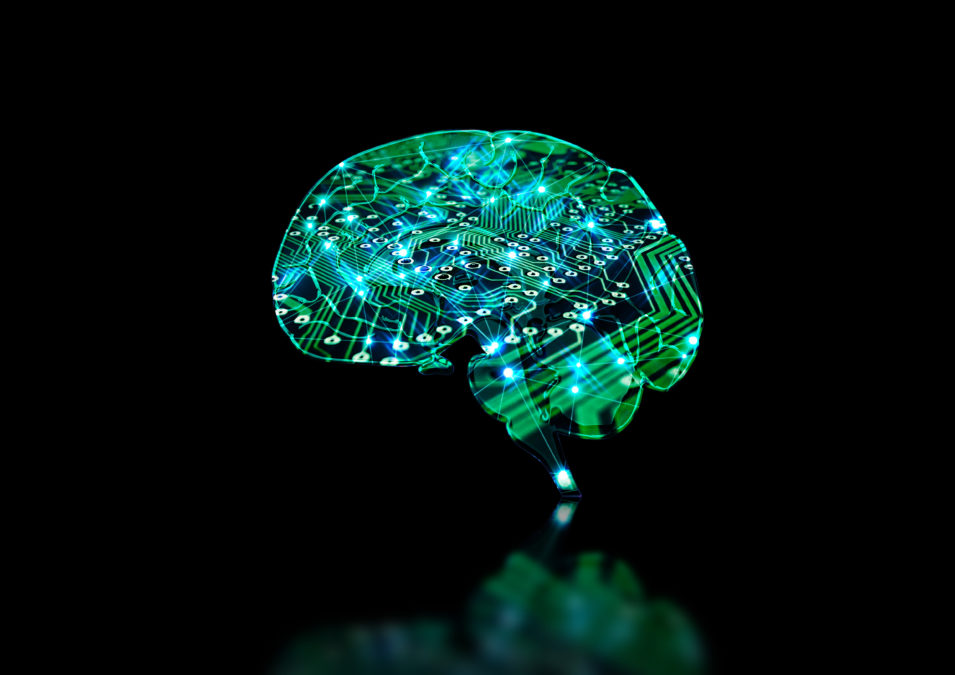Information Age discusses how artificial intelligence is transforming the NHS, and its potential in other sectors too with Charles A. Taylor, founder and chief technology officer at HeartFlow.
The potential for AI in healthcare is tremendous as it increasingly becomes integrated into the healthcare ecosystem. AI is transforming the way doctors deliver cost-effective, high-quality diagnostic and treatment services to their patients. For example, the technology can identify patterns and anomalies in diagnostic data from medical scans at a speed and volume that humans are simply unable to replicate.
>See also: AI: from hype to reality in healthcare
The processing power of AI has applications far beyond providing simple diagnoses. It can be used to help health professionals identify the severity of what is wrong with the patient and provide insight as to why they are experiencing certain symptoms. This additional information helps doctors decide on the most effective treatment.
AI has almost endless potential, but the bright future it offers cannot be reached if the necessary infrastructure is not in place to support its development.
How is technology already transforming the UK’s NHS?
There are several innovative AI-based technologies currently being used by the NHS.
Under its Innovation and Technology Payment Programme, the HeartFlow FFRCT Analysis is being fast-tracked in the UK. It uses AI to help physicians diagnose coronary heart disease (CHD) and reduce unnecessary invasive tests such as an angiogram. The HeartFlow Analysis applies deep learning to a patient’s CT scan to create a personalised 3D model of their coronary arteries to identify potential blockages. It then applies complex algorithms to solve millions of equations to accurately understand the impact of blockages on blood flow to the muscle of the heart.
>See also: Artificial intelligence and the healthcare sector
Outside of cardiology, technology is also being used to increase the speed and reliability of cancer diagnosis. The Microsoft system InnerEye assists physicians to mark-up scans for prostate cancer patients. After a scan has been conducted, AI maps out the prostate on each image and creates a 3D model, which can then be assessed by a physician to accurately detect tumours. This software is already saving time for physicians treating prostate cancer.
Another firm, Babylon Health, provides an app to the NHS which uses artificial intelligence to assess medical symptoms, to help ‘triage’ patients with very basic queries. In some cases, this negates the need for a patient to visit a GP, as initial advice can be given over an application. However, it does not negate the need for a trained professional in many circumstances.
Is it possible that one day AI could take over the role of a doctor?
The implementation of AI technology serves to enhance the capability and efficiency of trained medical staff, not replace them. Taking the HeartFlow Analysis as an example, AI technology can quickly produce an accurate 3D model of the patient’s arteries from a CT scan, but it still requires a doctor to interpret the significance of the model and subsequently decide on the best course of treatment.
AI and the analysis it provides is invaluable, and it helps physicians most effectively use their time and provide diagnoses. However, human care will always remain a crucial part of treatment.
Is AI being adopted slower or quicker when compared to other industries?
It’s hard to say for sure, there certainly are some compelling applications already in place. However, policy makers and healthcare professionals naturally take a cautious approach to technology and patient care as people’s lives can be at stake. Thorough testing always needs to take place before implementing new ways of working, as happened with the HeartFlow Analysis.
>See also: Digital diagnosis: AI’s crucial future role in the NHS
But the benefits of new technology can be significant – such as improving patient care, health outcomes and saving the NHS money. It’s no surprise that Prime Minister Theresa May has promised the healthcare industry millions to explore how AI can help the NHS. Additionally, the newly appointed Health Secretary, Matt Hancock, has made expanding the capability of technology in hospitals one of his top priorities.
What advice would you give to CTOs considering integrating AI into their organisations?
People can be resistant to change. This is true of employees in all industries, and this resistance is often experienced when new technologies are introduced somewhere without sufficient stakeholder engagement.
However, I would argue that the integration of AI will, in most cases, make employees’ lives much easier and free up their time for more rewarding tasks. Too often this is only understood at the top of the organisation and in the c-suite.
As CTOs, we should try and work with HR and internal communications to ensure all employees understand the organisation’s technology strategy, how it will help them to do their jobs better and, perhaps most importantly, the opportunities it will create.










